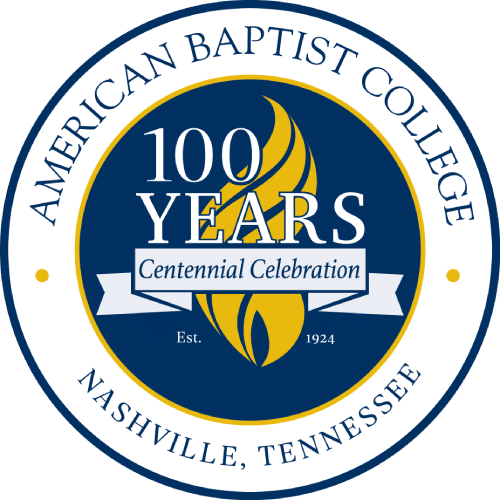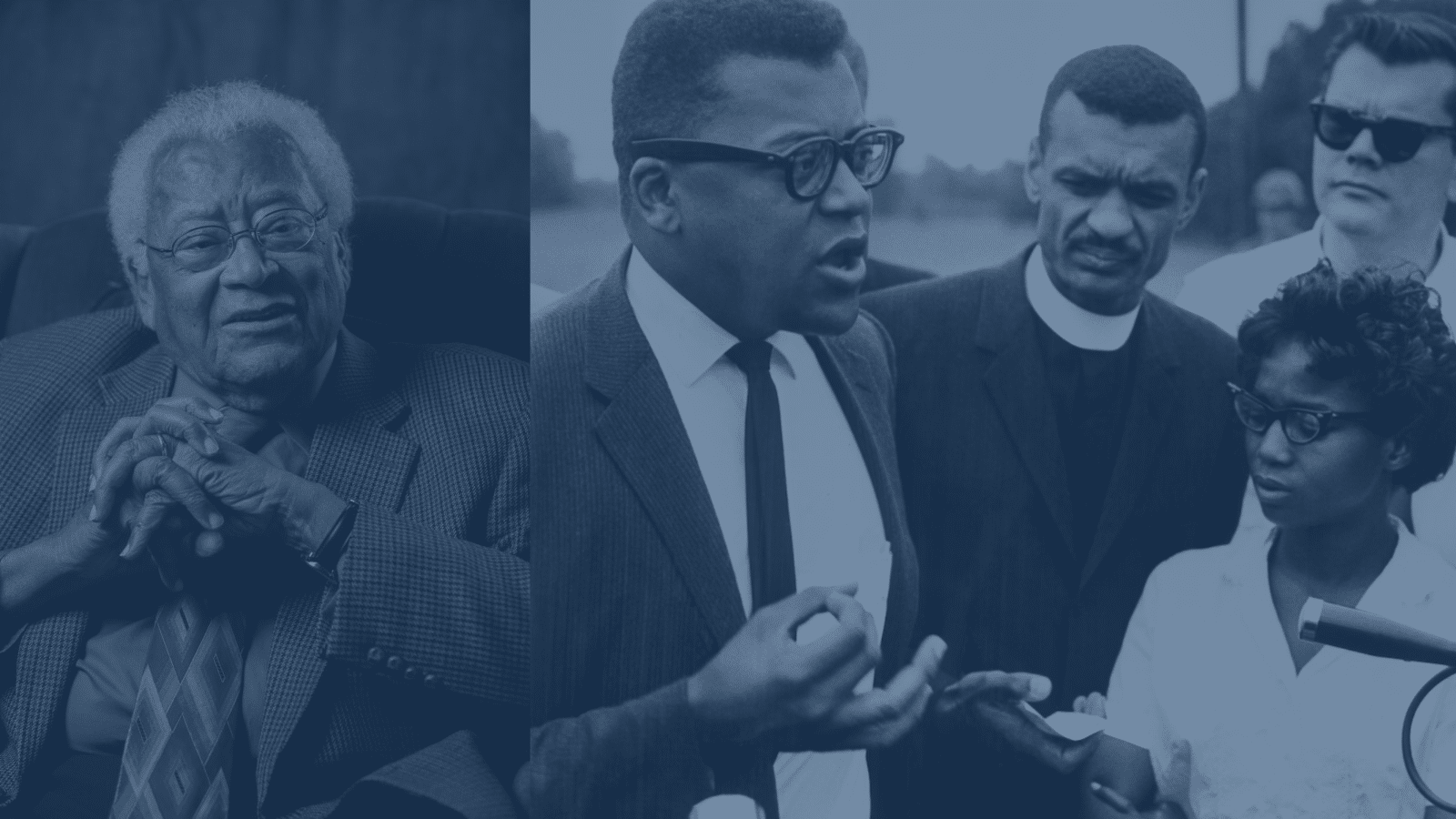June 11, 2024
With profound sadness, we at American Baptist College mourn the loss of Reverend James Morris Lawson Jr., a towering figure in the pursuit of justice and a staunch advocate of nonviolent civil disobedience. I am hard-pressed to speak of the meaning of his death; however, his life and legacy give me hope for the future of our nation and the world.
Historians will find it difficult to unpack the immortal grandeur and impact of James Lawson on this nation. The legacy of a man whose influence on the history of this nation is as indelible as the ink on the pages of the Constitution will continue to inspire future generations. His unwavering commitment to advancing justice on behalf of the people of the U.S. is both honorable and widely held as a profound voice for the goodness of justice. His role in the nonviolent movement for justice — including his significant contributions to the nonviolent training of Nashville students during the 1960s lunch counter protests, his participation in the 1961 Freedom Rides, and his notable role in the 1968 Memphis sanitation workers’ strike alongside Dr. King — is a testament to his dedication to the justice vision of beloved community.
Lawson’s early experiences with racism in his childhood community of Massillon, Ohio, shaped a strong moral sensibility and determination to combat cultural and systemic racism. His mother was the first to influence his commitment to nonviolence, which later led him to refuse the war-violent culture of military service. This decision resulted in a two-year prison sentence, of which he served 13 months. His personal sacrifice is a testament to his life’s journey of unwavering commitment to nonviolent resistance for social justice change, reflecting a political virtue that influenced many students to become disciples of nonviolent resistance.
Rev. Lawson spent time in India, where he deeply engaged with Mahatma Gandhi’s philosophy of satyagraha, emphasizing the strength of ‘soul force’—the essence of truth—and love as a tool for nonviolent resistance. He put this philosophy into practice to advocate, in his words, for “the U.S. Constitution to come alive” with changes in line with the democratic principles of justice and freedom for America’s racially disenfranchised Black people and the poor.
The late Congressman John Lewis and Rev. Dr. Martin Luther King, Jr. credited Rev. Lawson as the primary architect and strategist who significantly impacted the Nonviolent Movement for Justice between 1953 and 1973. In 1957, King urged Lawson to move to Nashville to teach Gandhi’s nonviolent civil disobedience philosophy and techniques to students at historically Black colleges, including American Baptist College. Lawson’s teachings were crucial in the 1960 student protests against segregation at lunch counters, which successfully desegregated downtown Nashville, making it the first city in the South to do so. Without James Lawson’s training of many, such as John Lewis and Diane Nash, in the philosophy of nonviolent resistance, the Congressional agenda would not have seen the passage of the 1964 and 1965 Voting Rights Acts, anti-poverty programs, Medicare, affordable housing legislation, and Head Start for children.
In Nashville, James Lawson High School and the Lawson Nonviolent Institute at Vanderbilt are institutional honors, but Lawson’s individual immortality goes far beyond them. The greater reality of the lives of people Lawson influenced is the greater durability of what James Lawson achieved in his 95-year lifetime. Lawson left the city of Nashville with a rich social justice legacy. We must avoid domesticating that legacy by devoting the necessary resources that will, in Lawson’s words, “make the Constitution come alive” for the flourishing of every citizen.
American Baptist College is dedicated to upholding the moral justice legacy of James Lawson. The best way to honor Rev. Lawson’s legacy is by actively working toward justice and change in every aspect of urban life in Nashville, aiming to make the city a model of justice, equity, advocacy, and leadership. His life and teachings will serve as lasting examples, inspiring our students to advocate for human rights worldwide. May Rev. James Lawson rest in power, and may his profound legacy continue to guide us forward.


